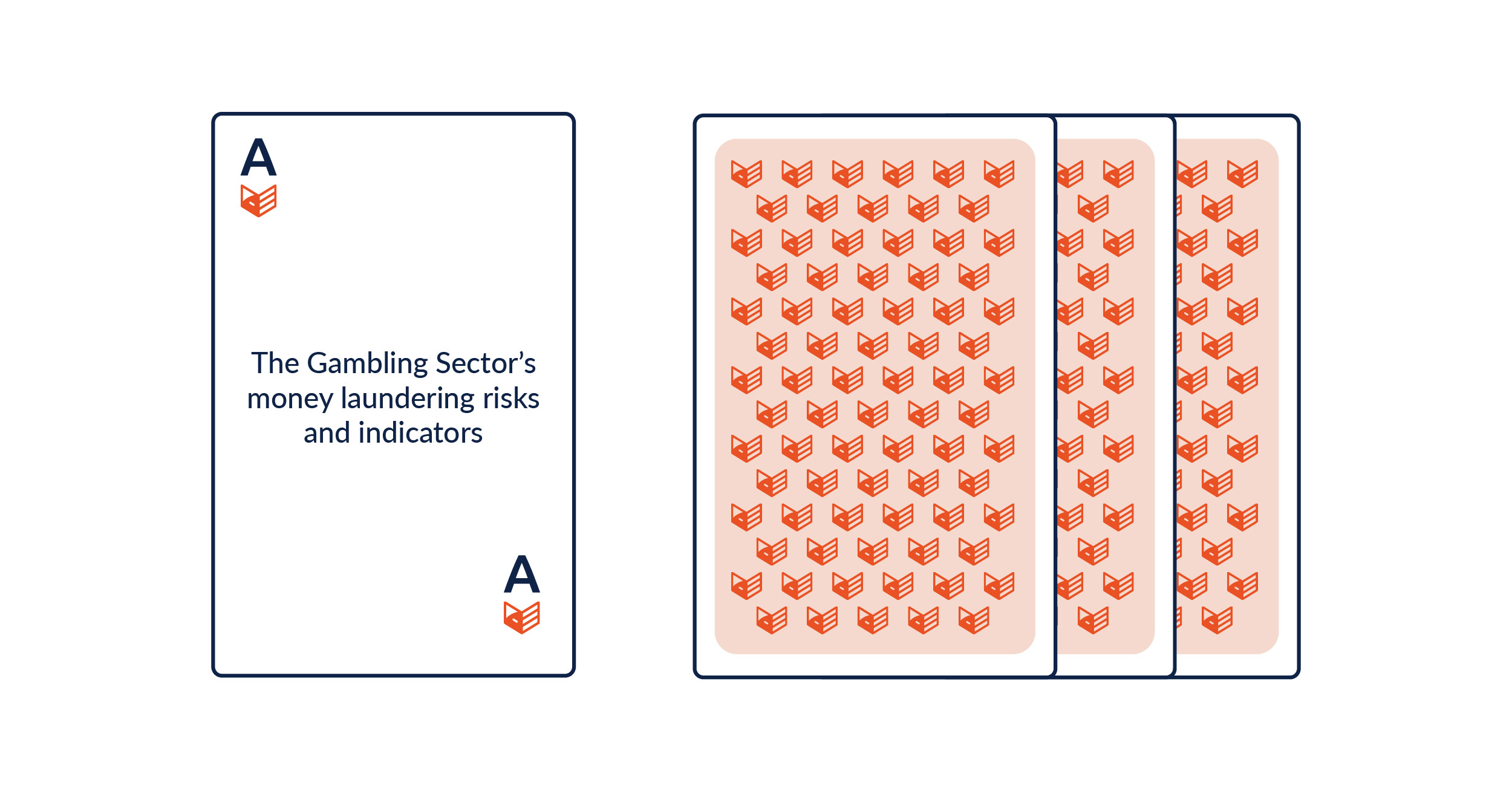
The Financial Intelligence Centre (FIC) has recently published a report regarding an assessment into the inherent money laundering and terrorist financing risks in the gambling sector of South Africa.
FICAA and the Gambling Sector
In terms of the Financial Intelligence Centre Amendment Act 1 of 2017 (FICAA), the gambling sector is catered for in item 9 of Schedule 1, which lists the Accountable Institutions to which FICAA applies, which states “a person who carries on the business of making available a gambling activity as contemplated in section 3 of the National Gambling Act 7 of 2004 (NGA) in respect of which a license is required to be issued by the National Gambling Board or a Provincial Licensing Authority”. A gambling activity includes placing or accepting a bet, wager or totalisator bet (displaying odds or payoffs), or making available for play, or playing bingo and amusement games (which is a game having a restricted prize).
South Africa’s gambling sector consists of a variety of sub-elements, including:
- Casino gambling, tables and slots;
- Limited pay-out machines;
- Horse racing and sports events betting (sports betting is the sole sector of the gambling industry where online betting is legal); and
- Bingo.
The Supervisory Authorities for the gambling sector in South Africa are noted in Schedule 2 of the FICAA, providing a reinforcing safeguard to protect the industry against the risks associated with money laundering and terrorist financing. The national authority is the National Gambling Board or, provincially speaking, a provincial licensing authority, which is a body established by provincial laws to regulate casinos, racing, gambling or wagering, for example the Gauteng Gambling Board or the Western Cape Gambling and Racing Board.
The NGA and provincial acts make the provision of gambling without authorisation or license illegal and a criminal activity. However, the national and provincial regulatory authorities unfortunately do not possess investigative powers and therefore the South African Police Service is relied upon for enforcement of the NGA and provincial acts.
The Gambling Sector’s money laundering risks and indicators
The main, overarching money laundering risk in the gambling industry is the prevalent use of cash. It is used or accepted as a common mode of transfer and exchange throughout the gambling cycle, from the “buying in” stage, to the playing or gambling stage and then when cashing out. Its inherent anonymity and difficulty in deciphering its source, is a considerable red flag for gambling entities, where cash may be linked to predicate crimes such as illicit arms and drugs trading or stolen goods trading, providing an efficient way to wash the “dirty” money and legitimise ill gotten gains. In addition, gambling provides individuals with a ready made argument or excuse for recently acquired wealth which may ultimately have been attained through funds from a potentially questionable source.
In addition, a major issue for the longevity and sustainability of the gambling sector and a major contributor to its money laundering risks are illegal online gambling establishments as well as illegal land-based casinos. Many online gambling entities operate illegally, where cyber criminals utilise the prevalence of debit and credit card transactions to launder money. There are also a proliferation of other modes of transfer that can be used online, such as prepaid cards, wire transfers and virtual currency, aiming to hide the true identity of a potential criminal behind the scenes or hide the true source of funds.

There are a plethora of other concerning money laundering risks and indicators in the gambling sector, including but not limited to:
- Purchasing casino chips for cash or on account, then redeeming value by way of a casino cheque, bank draft or money transfer;
- Using chips as currency in illegal transactions;
- Chip purchasing being vastly at odds with the amount of gambling activity, where patrons purchase considerable quantities of chips and only play a small proportion of these, thereafter redeeming the chips for a casino check;
- Exchanging low denomination currency for more practicable high denomination currency, called “refining”
For more examples of risks and indicators you can chat to our compliance services team.
In terms of reporting statistics between April 2016 and March 2021 for the gambling sector, almost 2 million Cash Threshold Reports (CTRs) were submitted, averaging approximately 380 000 reports per year. 12 121 Suspicious and Unusual Transaction Reports (STRs) were submitted in this period, with no Terrorist Property Reports (TPRs) being submitted.
The inherent money laundering risks for the gambling sector are rated as high in terms of the Report whereas the terrorist financing risks were unknown due to a lack of information. The widespread use of cash, difficulties and non-observance of client due diligence protocols, challenges with establishing and verifying the identity of clients as well as establishing source of funds all combine to present significant challenges to combating money laundering in the gambling sector. However, the Report mentions that casinos have introduced certain measures to comply with anti-money laundering and combating financing of terrorism requirements which has resulted in the residual risks being reduced. However, as Accountable Institutions, licensed gambling entities need to be increasingly aware of the disruptive nature of online establishments, where anonymity and the inherent difficulties of establishing the source of funds for transactions as well as the sheer transactional volumes pose significant challenges in making money laundering impossible.
Why not talk to our Compliance Services Team to see how we can help you be confident in your compliance with services including an independent audit of your files and processes, preparing you for or responding to a FIC inspection, an expertly crafted RMCP, certified FICA Training and more.